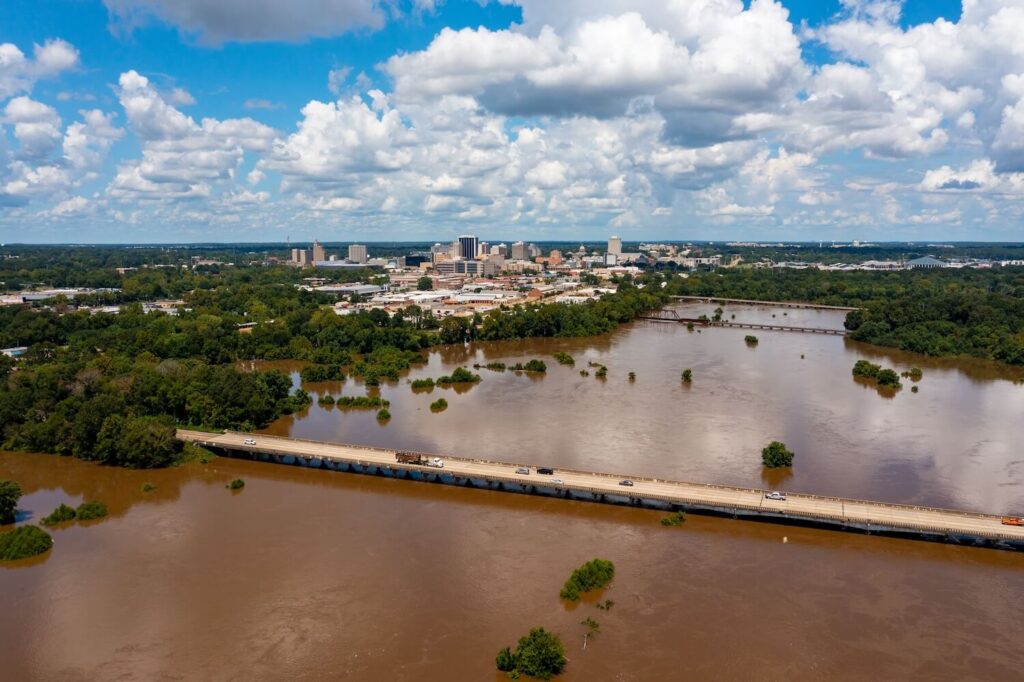
“There is nothing new under the sun, but there are new suns.” -Octavia Butler
It is not breaking news that communities of color (regardless of wealth) are more vulnerable to the impacts of climate change, and specifically more vulnerable to flooding (Natural Hazards Center, 2020). It is also not news that the legacy of formal policies that forced communities of color, specifically Black Americans, to live in flood-prone areas persists today (Redfin, 2021). These policies manifest daily for black and brown communities through the lived experience of disproportionate environmental burdens, and increased risk of hazards associated with flooding. Yet, too often well-meaning floodplain managers, conservationists, and policymakers advance flood risk reduction projects that displace people of color and drain intergenerational wealth.
So how do we transform the landscape of floodplain decision-making, planning, and policy? How do we create bridges between policymakers and the community members who are the most impacted? How do we generate meaningful dialogue, partnerships rooted in place, and actionable change where it is needed most?
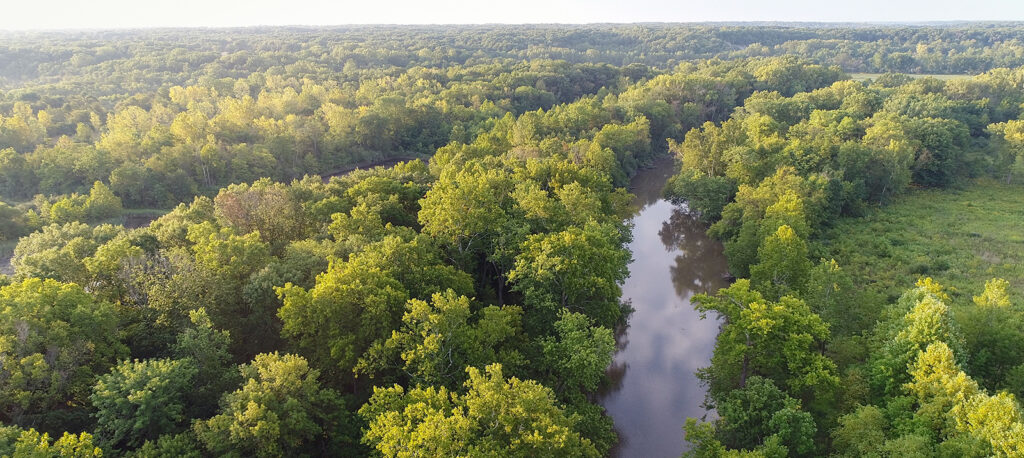
Let's stay in touch
We're hard at work for rivers and clean water. Sign up to get the most important news affecting your water and rivers delivered right to your inbox.
Centering communities of color means learning from communities of color. There is a long and well documented history of failed regulatory support for black and brown communities. Despite this, communities of color have a rich history of success in transforming their own conditions (NRDC, 2022). Still, community organizers need support.
In April 2023, American Rivers partnered with the Illinois NAACP, Watertown Community Empowerment Organization, and United Congregations of Metro East to form the Illinois Floodplain Community Justice Network (IFCJN). This network formed as a direct result of the Illinois Floodplains Work: A Feasibility Study which made clear that flood-prone communities of color in Illinois have not been served well by their local governments, and illuminated the need for community organizers to augment the efforts of local floodplain managers, Illinois Emergency Management Agency (IEMA) and Department of Natural Resources (DNR), and Federal Emergency Management Agency (FEMA). The IFCJN organizes people by connecting flood-prone communities to share knowledge, information, and resources. Our nascent network offers training and guidance on flood issues, engages residents in the process of updating their Flood Insurance Rate Maps, and provides guidance on how to influence local Natural Hazard Mitigation Plans. Lastly, the IFCJN influences planning and policy by advocating for policies that center the needs of communities of color in planning and decision-making as it relates to flood issues.
Centering communities of color in decision-making for floodplain management enables more equitable and effective projects to reduce flooding in the face of climate change. We are hopeful that this network will serve as a model for future partnerships nationally.
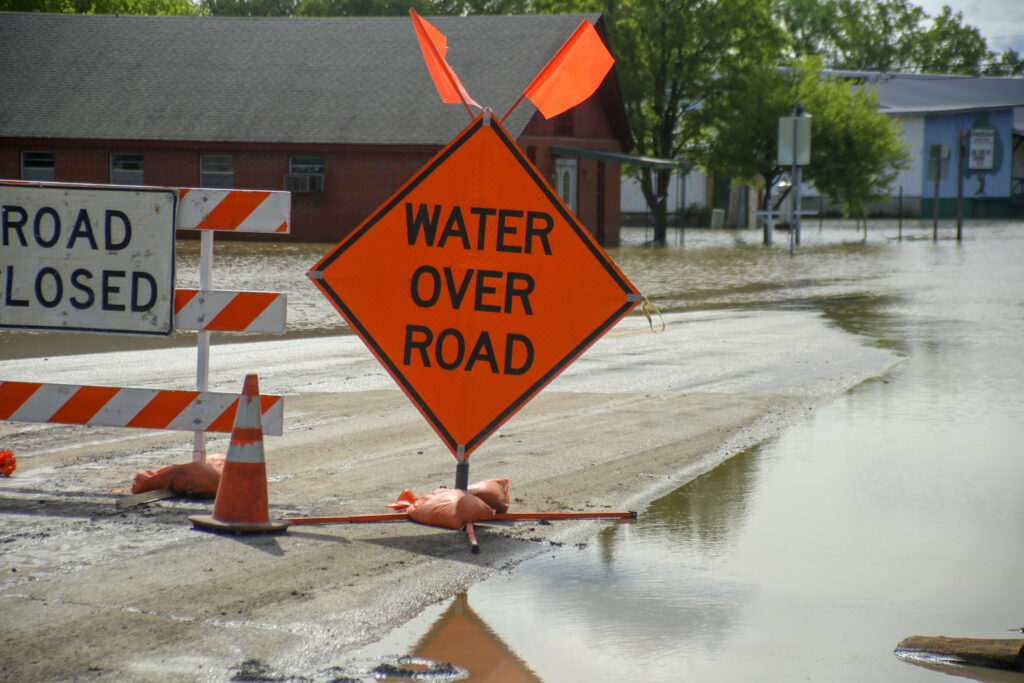
Illinois Floodplain Community Justice Network
Community organizers, conservationists, floodplain managers, and planners interested in learning more can so by clicking the button below.
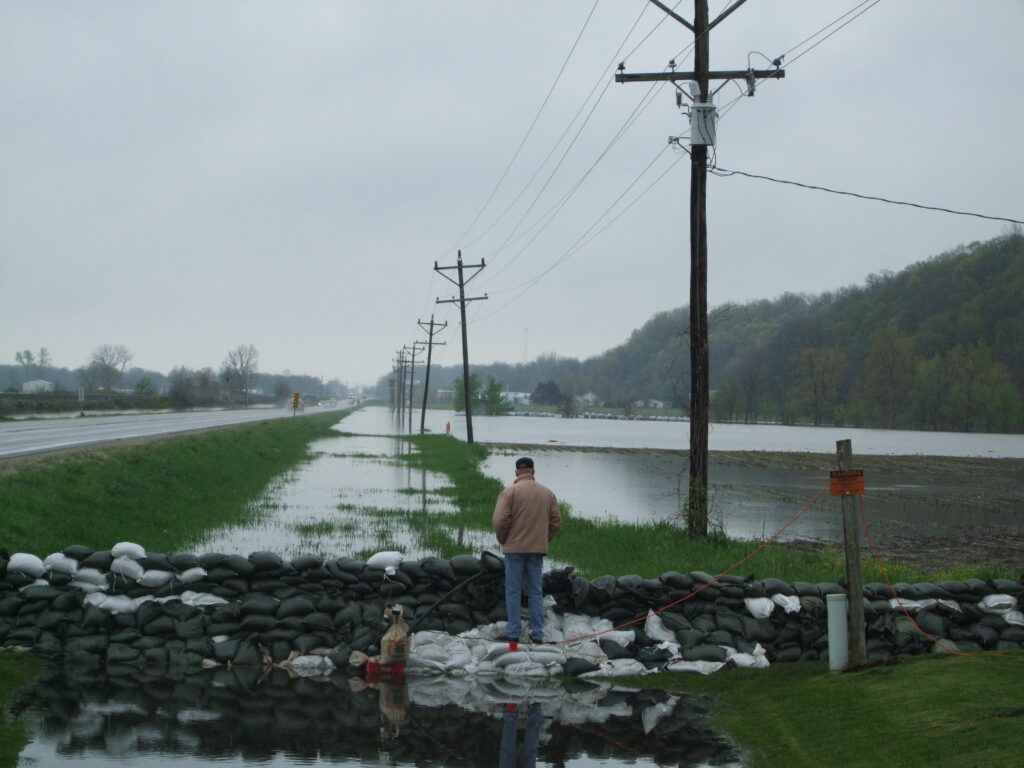
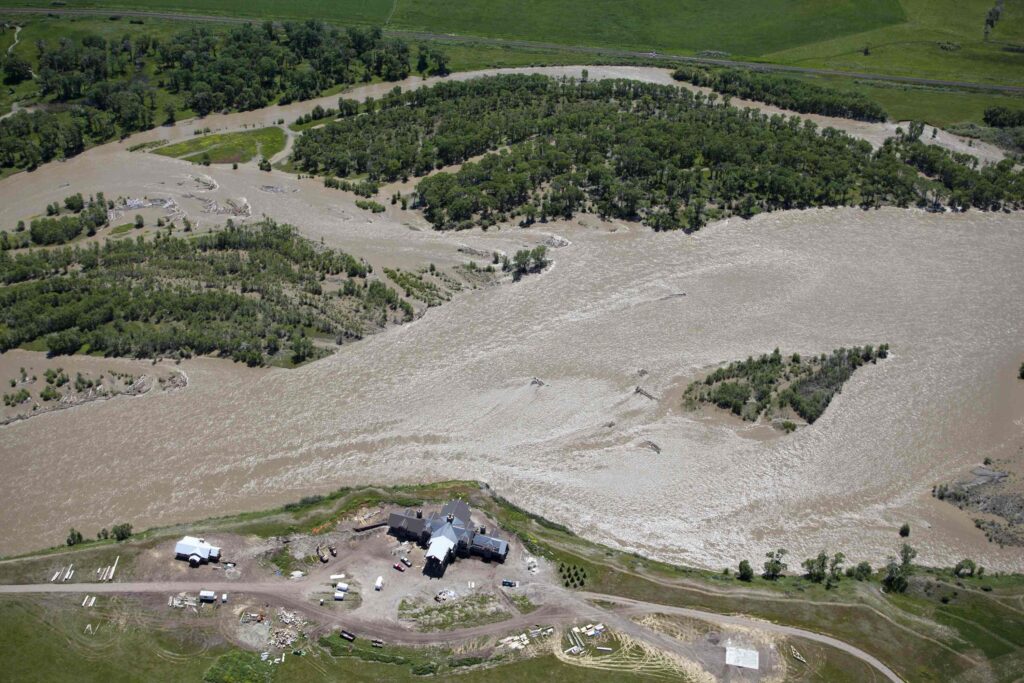
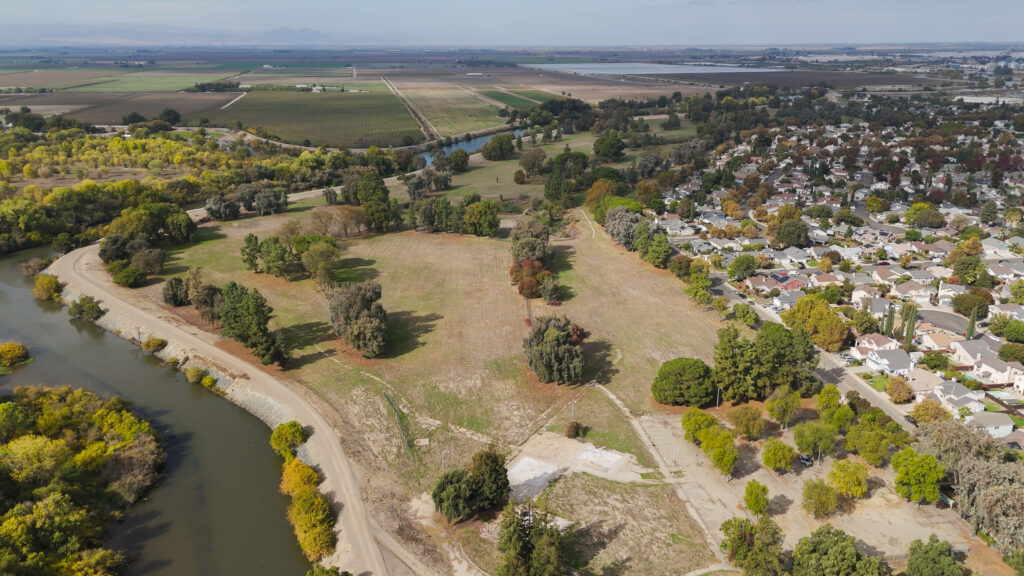
1 response to “Centering Communities of Color in Flood Management”
Thanks for sharing